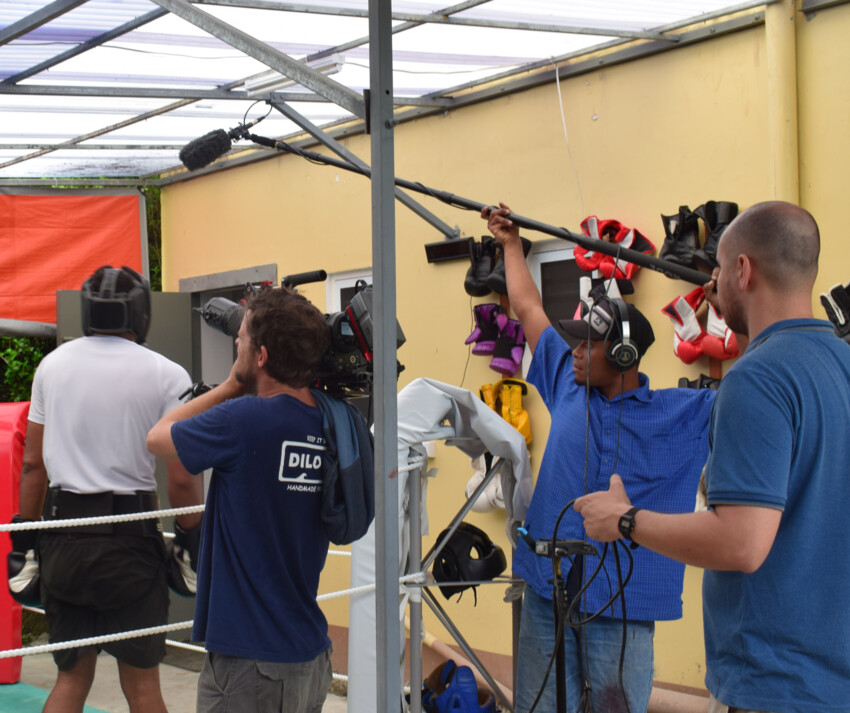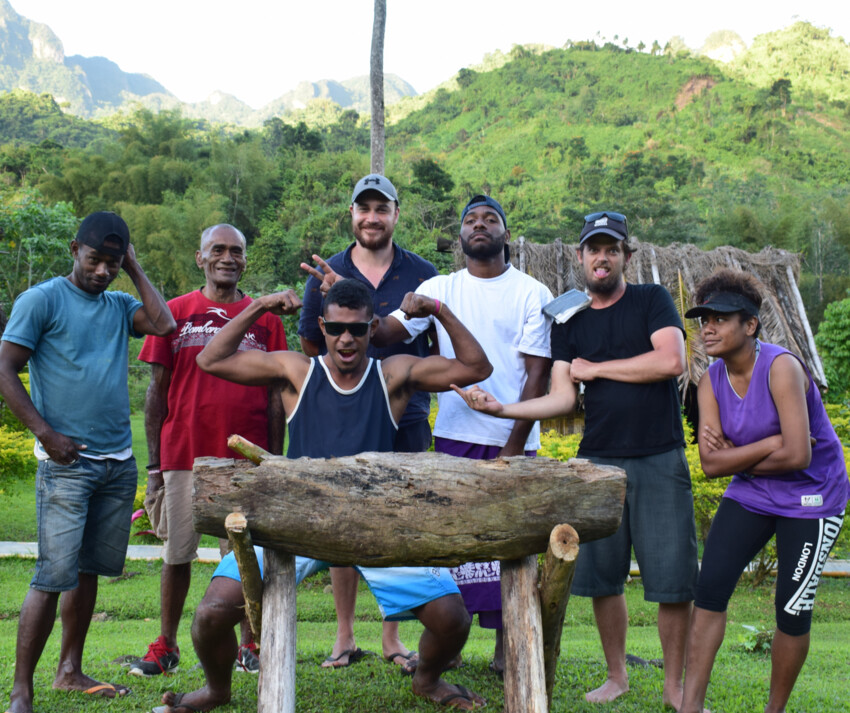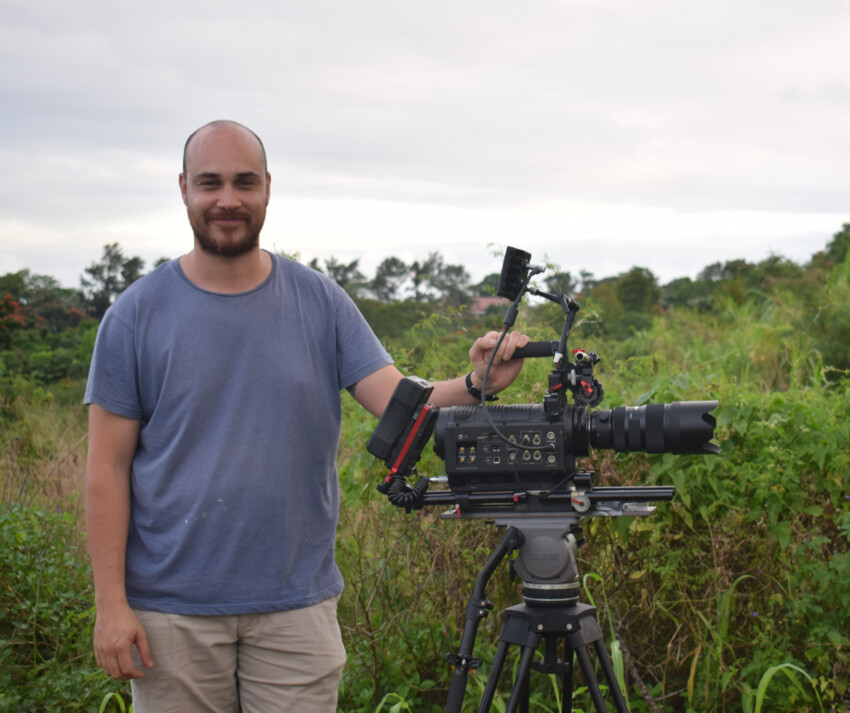HUMANS OF THE ISLANDS - ANDREW JOHN FAKAUA PONTON
ANDREW JOHN FAKAUA PONTON
TUVALU
FILMMAKER
-
Andrew John Fakaua Ponton, a filmmaker of Tuvaluan and Scottish heritage, was born in Tuvalu and raised in Suva, Fiji — a backdrop that would later shape his cinematic voice. His journey into filmmaking kicked off at just 13, armed with a Hi-8 video camera and an unshakable drive to tell stories, no matter the constraints. Over time, he carved out a style distinctly his own — one that draws deeply from the rhythms, textures, and realities of the Pacific.
His upcoming film Bati embodies that ethos: a grounded, character-driven story shaped by inventive filmmaking and a lifelong passion for boxing, both as a sport and a cinematic form. Shot on location in Suva and the rural province of Namosi, the film navigates the dynamic tension between city and village life, all while spotlighting the raw creative energy fueling grassroots Pacific cinema. He shares his story and work with us here!
-
Please introduce yourself, your ethnicity and where you grew up?
My name is Andrew. I’m of mixed heritage — my mother is Tuvaluan and my father is Scottish. I was born in Tuvalu and raised in Suva, Fiji’s capital.
Can you share a bit about your personal journey into filmmaking — what drew you to the craft, and how did it all begin?
I started making short films at 13 using my father’s Hi-8 video camera. That early experimentation led to one short film that helped me get into film school. From there, my path into filmmaking developed naturally.

What inspired the story behind Bati? Was there a particular moment or individual that sparked the initial idea?
The idea came from two places. Firstly, I wanted to work within my means — to create something achievable rather than chase expensive concepts. Secondly, I’ve always admired boxing as a sport and movie genre. Bati grew out of that balance between practical limitations and personal interest.
The characters in the film feel deeply rooted in the local context. How much of the narrative is based on your own experiences or those of people around you?
While the story isn’t autobiographical, the film’s atmosphere is shaped by my experiences growing up in the Pacific. The sound, visuals, pacing, and values reflect that. Much of the creative process was collaborative, with a local Fijian cast and crew contributing significantly on set. We aimed for authenticity in most aspects.

You filmed in both Suva and Namosi, what was it like working in those communities?
Filming in Suva felt natural. It’s where I grew up, and I was lucky to work with a committed cast and crew. Namosi had a different rhythm — quieter, more connected to nature. It reminded me of my village in Tuvalu. That contrast between urban and rural life became a key element in the film.
When you were younger, what did you imagine yourself doing?
I considered filmmaking, teaching film, or becoming an accountant. I enjoyed maths in school and thought seriously about accounting as a career.

What advice would you give to other young Pacific creatives who want to take the leap into making their own films?
Pursue a practical degree but treat filmmaking seriously in your own time. Take advantage of free online learning tools (YouTube for example) — there’s a wealth of expert advice out there. Use it to make short films. Try everything: write, shoot, edit, direct. Learn from mistakes. You don’t need a huge budget to make something worthwhile. Focus on making the best film you can with the resources you have available to you. Remember that interesting, compelling, thought-provoking films can be made at any scale.
-
BATI has officially been selected for the Whānau Mārama New Zealand International Film Festival (NZIFF), making it the first-ever Fijian feature film to screen in the festival’s long history.
The film has attracted some recognition across Aotearoa:
– Featured in the opening montage of the Official 2025 NZIFF trailer
– Listed by The Post as one of the 17 must-see films of the festival
– Named by The Spinoff as one of the Top 10 films to watch at NZIFF
